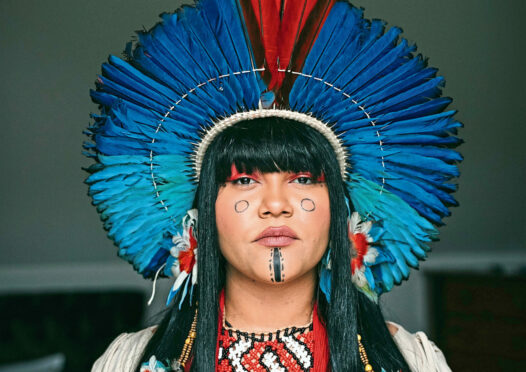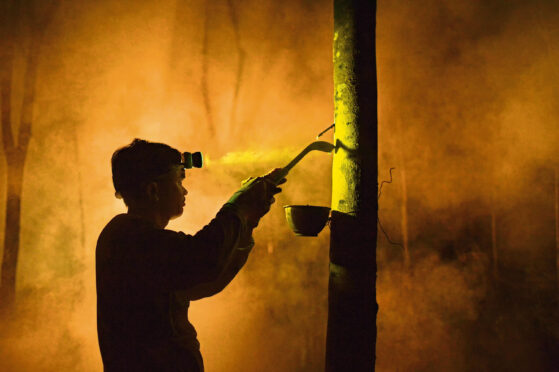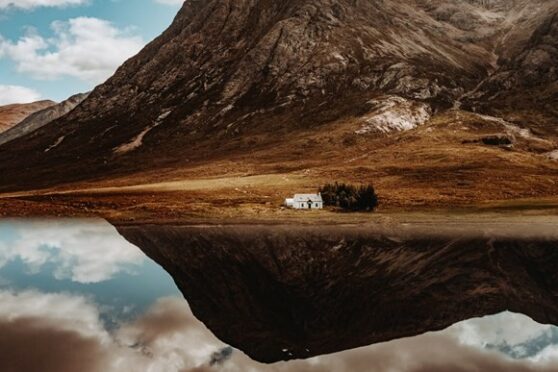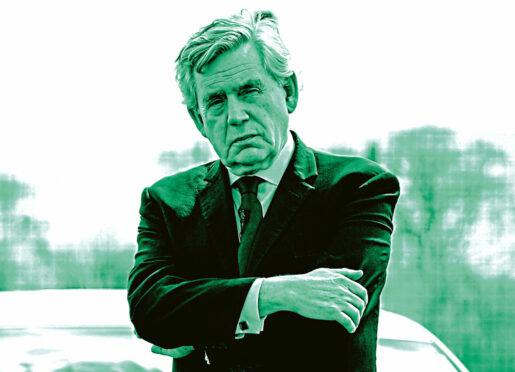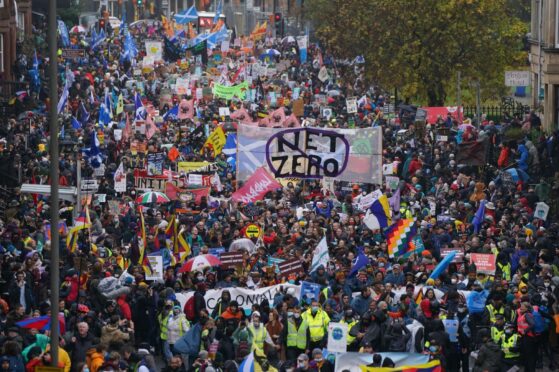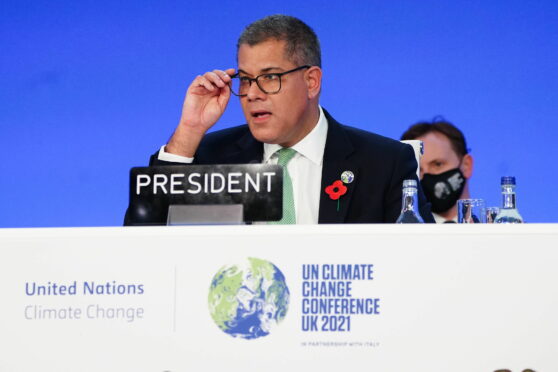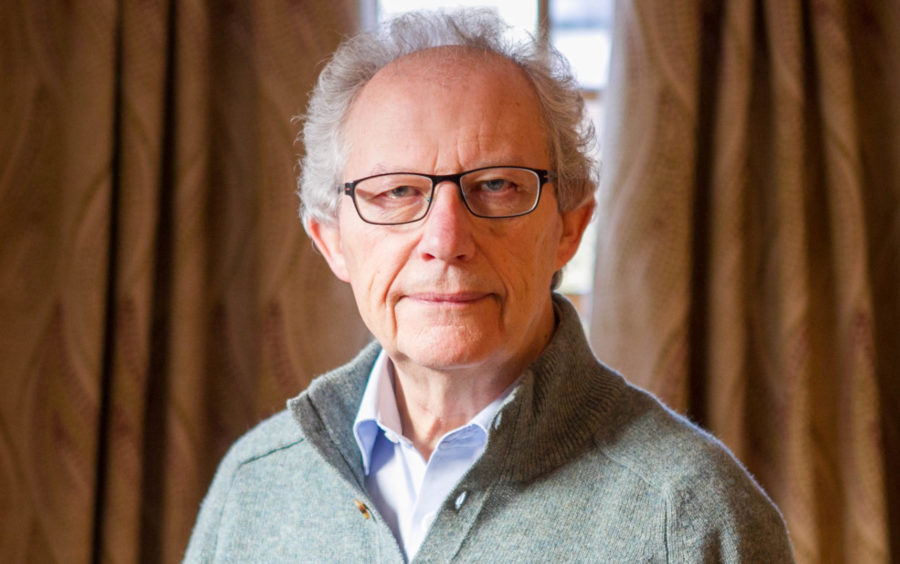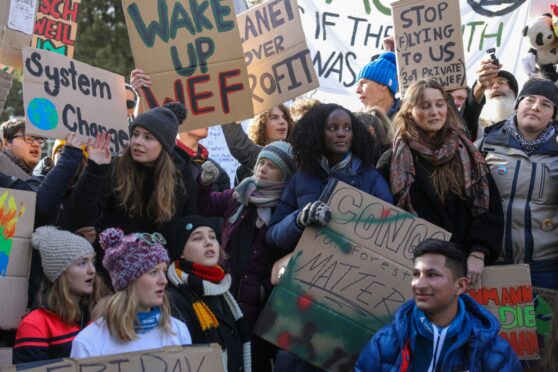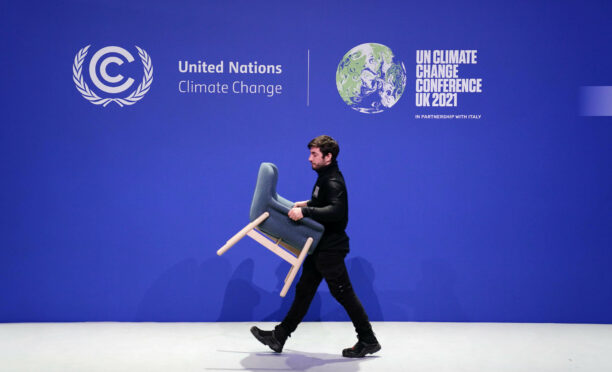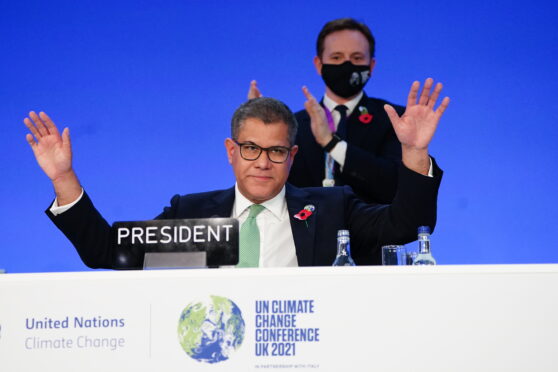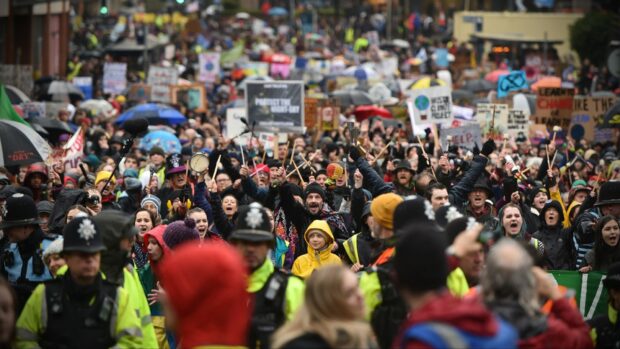
Politicians will be picking a bad fortnight to knock voters’ trust if the climate change summit in Scotland does not secure an action plan of impact and urgency, experts warn.
As one MP is suspended for corruption and an opinion poll shows a fifth of Scots do not trust the government at all, world leaders will gather in Glasgow to discuss the next steps to slow global warming in a journey already marked by stumbles and slips.
The first Understanding Scotland survey last week revealed 20% of the Scottish population did not trust the government at all, compared to only 3% who trusted it entirely. Similarly, 20% say they trust the political system and only 2% trust it entirely.
More than 2,000 people across Scotland were questioned for the survey, commissioned by research consultancy Diffley Partnership and communications agency Charlotte Street Partners.
The research found the government, and the political system more broadly, were among the least-trusted institutions, while the NHS, universities and the police were among the most trusted.
Diffley Partnership director Mark Diffley said: “There has been a crisis in political trust for quite some time now, which probably dates back to the MPs’ expenses scandal and beyond. Ever since, we have seen a degree of a degree of scepticism about politicians and the political system, and we can see that in things like turnout for elections and social media content.
“An average score of 3.6 out of 10 for trust in the political system is something I think everyone should sit up and take notice of. This isn’t just young people or people who traditionally don’t engage with voting or other forms of fiscal engagement. It is right across the board – across all ages, all social-class backgrounds and all geographic parts of the country.
“There is real lack of trust in political systems and government, and our view is politicians, governments and local authorities should take this seriously and to start addressing it.”
Former Labour first minister Henry McLeish said the lack of trust in the political system was a worldwide problem partly fuelled by populism and the internet. But he also described the current state of politics as “medieval”.
He said: “We have seen in recent years the collapse of trust, tolerance and truth between politicians and political parties. In the past, you could disagree with someone and not like their ideas, but you had some respect for them. We are now living in an era where there is massive disrespect and a lack of tolerance.
“Not only are people criticising the ideas of others, but they’re actually trying to undermine and delegitimise the right of people to give their views.
“My belief is that politics is broken and needs radical renewal. We need politicians to show more respect, more tolerance and to speak the truth. One of the issues for me is we have a prime minister now who has a problem with the truth.
“He’s allowed to get away with saying things which are clearly not true. He doesn’t seem to be worried about them and he doesn’t apologise. That just adds to people’s view that politicians will say anything.”
McLeish piloted the legislation setting up the Scottish Parliament in 1999, before serving as first minister in 2000-01. The parliament was created with the intention of creating a new era of politics in contrast to the adversarial style of Westminster. He said: “It was widely anticipated that when we set up the parliament that we’d have a different kind of politics. That really hasn’t happened.
“There’s a lack of trust in the parliament and in our politics and there’s a lack of tolerance and too much hate. Never in my life as a politician – 30 years elected, 20 years in public service – have I actually hated the people I’ve been dealing with.
“You can disagree with some, you can dislike what they say, but you must not attack personalities and individuals. That’s what I think is holding politics back in the UK and, despite the hopes that this would improve in Scotland, it simply happens.
“Everything has to be black or white, everything has to be binary. You’re Leave or Remain, you’re in or you’re out, it’s Labour versus Tory, it’s unionism versus nationalism. I describe it as medieval politics.”
McLeish said a political “renaissance” was needed and politicians had to take the public more seriously. He said: “We want them to vote every four or five years. But after they have cast their ballot, we don’t really much care. We need to realise the public shouldn’t just be spectators after every election.”
But politicians may be wary of a closer relationship with the public after the killing of Conservative MP Sir David Amess last month and online threats they receive.
Christopher Carman, professor of politics at Glasgow University, said: “You can imagine that rightfully elected officials will want to take a step back and say, ‘Hold on, how do we interact with the public?’
“Those sorts of events are only going to make it more difficult to connections between elected officials and members of the public. One of the findings of Mark Diffley’s report is that confidence in social media is the lowest of any sort of entity or institution that he asked about.
“In a way, it might not be a bad thing if people are sceptical about social media because there has been a fair bit of research to show that it has driven some of the polarisation that has developed across established Western democracies.
“Distrust in the political system is rather high and this probably relates to the idea that we’ve become increasingly tribal and polarised. Some of the work that we’ve done with the 2021 Scottish Election Study shows there is some sort of tribal element and what is known as affective partisanship, which is to say we tend to see the other side as being bad guys.
“We are now imputing bad intentions to people on the opposite side politically, and that’s not healthy for democracy.
“Democracies rely on the consent of the losers, the people who have lost the last election but feel they have a chance in the next election. If you increasingly think that the institutions are working against you and the people on the opposite side are motivated by ill intent, then that’s not positive for democracy.”
Carman said that trust in politics could be improved by systems such as Holyrood’s petition committee, which has seen thousands of people bring their petitions to parliament over the past 20 years.
He said: “People perceive political processes to be fair if they have confidence that they will have a say and their say will be weighed as equally as that of other people.
“Not that they will get their way and not that they’ll get the outcome necessarily they want, but that they’ve had input.
“The Scottish Parliament public petition system was an amazing innovation, and remains one of the hallmark systems of its type around the world. What’s shocking to me is that so few people are aware that it exists.”
Today and for the next 12 days, Cop26, the Glasgow-hosted climate summit, provides an opportunity for politicians to show that they mean what they say and, campaigners say, the opportunity cannot be missed.
Richard Dixon, director of Friends of the Earth Scotland, said: “Of course trust is low because the public can see the urgency of the climate crisis and politicians are failing to respond quickly and strongly enough to protect lives, despite the clear evidence in front of their eyes.
“The Cop is coming to town but there are already low expectations that it will achieve any big steps forward because politicians are still not taking the climate crisis seriously enough. Politicians here and abroad must turn their rhetoric into reality and lead the world out of its addiction to fossil fuels.
“This would bring huge public benefits and give people the belief that politics can actually make a difference to their lives for the better.”

Enjoy the convenience of having The Sunday Post delivered as a digital ePaper straight to your smartphone, tablet or computer.
Subscribe for only £5.49 a month and enjoy all the benefits of the printed paper as a digital replica.
Subscribe